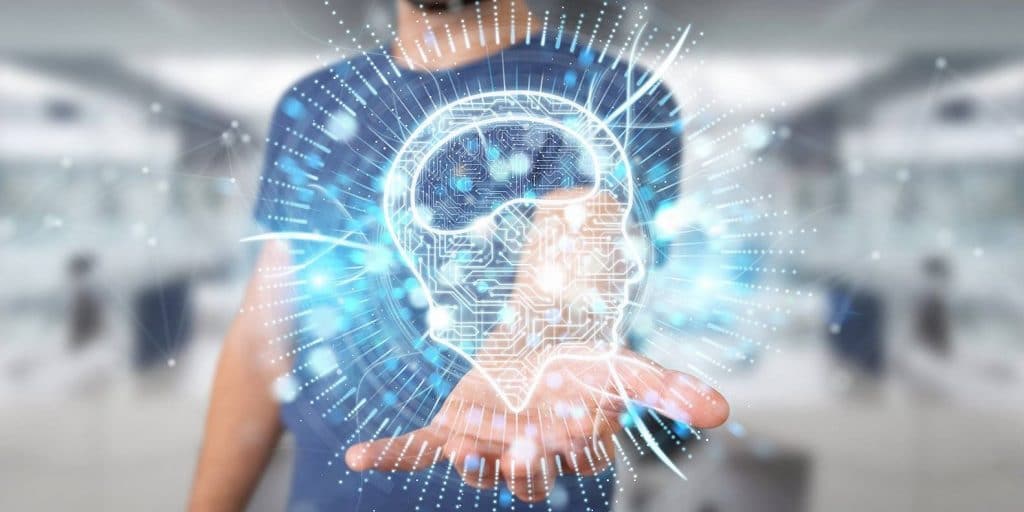There is a consensus among executives of the world's leading companies about the crucial impact that Artificial Intelligence (AI) will have on the [...]
Read More »Before I explain what is artificial intelligencewe would like to start with the sentence from the book Age of intelligent machines (1992), by Raymond Kurzweil:
"The art of creating machines to perform functions that require intelligence when performed by people.".
Artificial Intelligence, through the constant improvement of machine learning patterns, gives machines the ability to learn, reason, make decisions and formulate a certain idea of reality, just as humans do.
Artificial intelligence (AI) is an empirical science, not a statistical one, which often resembles the accountant's joke when he is asked, "How much is 2+2?" and the accountant answers, "How much do you want it to be?"
Through the AI software solutions and Machine Learning designed by GAMCO, it is intended to give an adequate answer to the following question:
"How to build computer systems that automatically improve with experience and what are the fundamental laws that govern all learning processes?"
(Tom Mitchell. The discipline of machine learning. Technical Report CMU ML-06 108, 2006)
Machine Learning focuses on the question of how to make computers capable of "programming" themselves, starting from an initial structure and using the experience gathered in the data, by means of training algorithms.
In this sense, Machine Learning moves away from the objectives of the Computer Sciencewhose primary objective is to solve the questions of how to manually program computer systems.

Likewise, in the face of the StatisticsThe purpose of Machine Learning, whose objective is data analysis, is the implementation of algorithms that automatically process data in order to provide predictions and execute the best actions.
Machine Learning broadens the scope of statistics because it develops the architecture of the systems and algorithms that must be used to be effective in capturing, storing, indexing, retrieving and merging data.
Machine Learning is closely related to the study of the human and animal learning in psychology, neurology, neurology and related fields. The questions of how computers can learn and how animals learn probably have closely related answers.
In fact, many of the algorithms used in Machine Learning have a biological basis. For example, artificial neural networks or evolutionary algorithms.
There are other related disciplines, such as economy or control, which are objects of study when considering how systems can automatically adapt to or optimize their environment.
Having explained "what is artificial intelligence", without pretending to be exhaustive, we will list some examples of artificial intelligence with cases in which algorithms based on machine learning are applied.
In view of the above examples, we can infer that Machine Learning is currently the best AI technique to carry them out successfully.
Therefore, it can be summarized that software developments based on artificial intelligence will have two characteristics:
For example, anyone could recognize a familiar face in a photograph, but it is not so easy to write an algorithm to perform this task.
Faced with the inefficient task of writing an algorithm that would recognize a given face in different photographs, Machine Learning would learn from a training set with faces, some familiar and some unfamiliar, learning to recognize familiar faces or those that allow access to certain devices, applications or other different security applications, for example, the focus on cameras.
For example, speech recognizers must be self-adjusting for the user who has purchased the software (his way of speaking, pronunciation, syntactic construction of sentences, etc.).
By means of Machine Learning and natural language processing, the software would have a series of mechanisms to adapt to each specific case and solve problems.
Software applications that are adapting to users have grown very fast in recent years:
There is a consensus among executives of the world's leading companies about the crucial impact that Artificial Intelligence (AI) will have on the [...]
Read More »The term artificial intelligence (AI) is nowadays, but it was invented in 1956 by John McCarthy, Marvin Minsky and Claude Shannon in the famous [...]
Read More »There is a broad consensus among executives of the world's leading companies about the impact that artificial intelligence is going to have on business and [...]
Read More »Business opportunities are everywhere and many times we do not know which are the sectors with the greatest potential for entrepreneurship.
Read More »